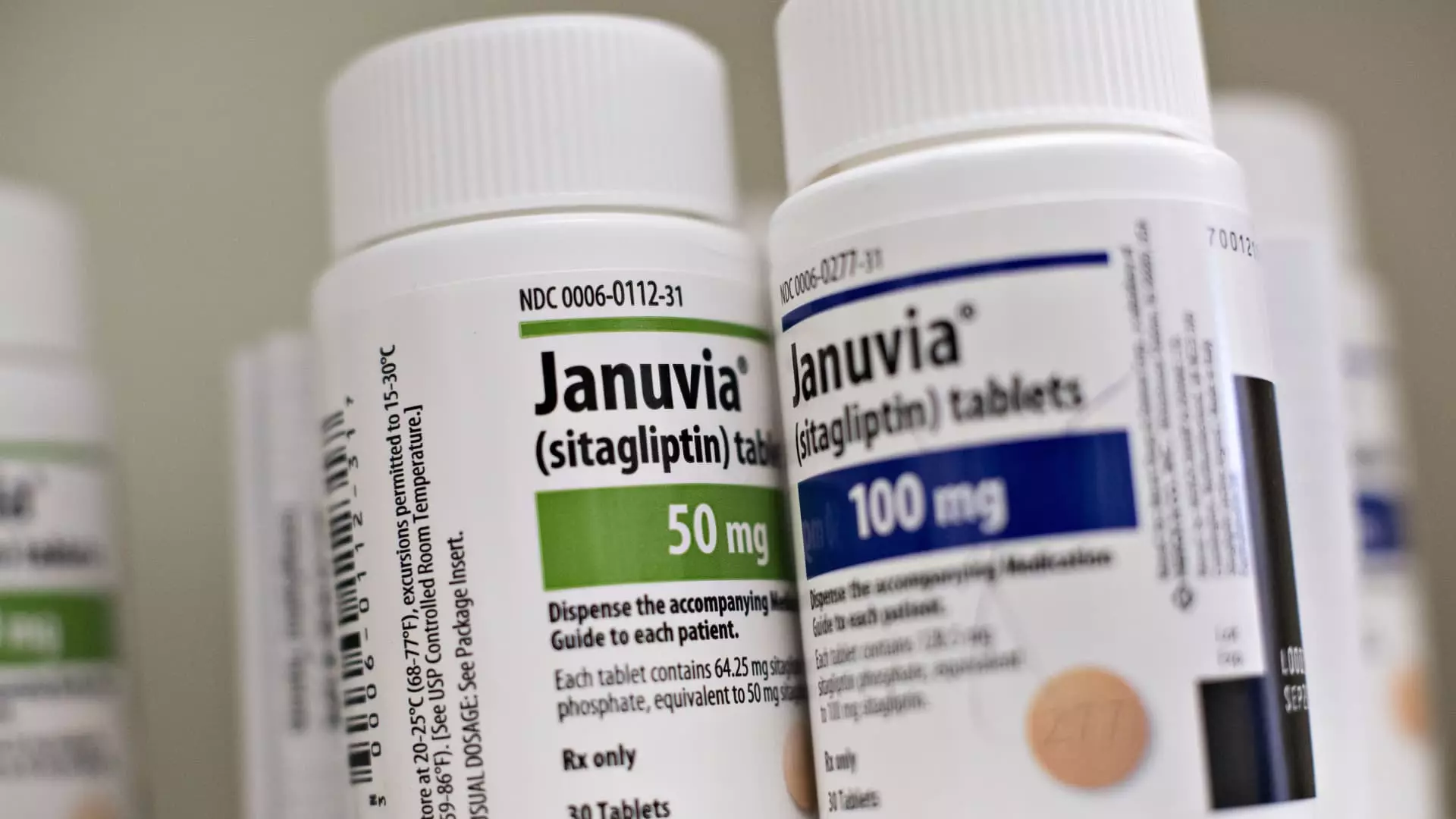Medicare, the federal health insurance program for Americans aged 65 and older, is preparing to take on the pharmaceutical industry in an unprecedented move. For the first time in its nearly six-decade history, Medicare will directly negotiate drug prices. This groundbreaking initiative is part of the Biden administration’s efforts to tackle the soaring costs of prescription medications.
The Targeted Drugs
The Centers for Medicare and Medicaid Services (CMS) will soon announce the ten drugs it is targeting this year, with the list expected to be revealed by September 1st. While the specific medications have not been disclosed, several pharmaceutical companies have already indicated that they anticipate four of their blockbuster drugs to be included.
Merck’s diabetes drug Januvia and its cancer immune therapy treatment Keytruda are among the drugs expected to be targeted. Bristol-Myers Squibb and Johnson & Johnson have also revealed that their blood thinners Eliquis and Xarelto will be subject to negotiations. Abbvie expects its blood cancer drug Imbruvica to be on the list as well.
Additionally, an analysis by the Journal of Managed Care and Specialty Pharmacy suggests that the following drugs are likely to be subject to negotiations this year: Jardiance, Enbrel, Symbicort, Ibrance, Xtandi, and Breo Ellipta.
The direct negotiations between Medicare and the pharmaceutical industry were established by the Inflation Reduction Act. These negotiations are a crucial component of the Biden administration’s strategy to tackle the escalating prices of prescription drugs. According to AARP, a powerful lobby group advocating for older Americans, the list prices of Medicare’s top 25 drugs have more than tripled on average since their introduction in the U.S. market, surpassing the rate of inflation. To address this issue, Medicare aims to bring down drug costs through direct negotiations.
The astronomical rise in drug prices has placed a heavy burden on Medicare beneficiaries. AARP reports that individuals enrolled in Medicare typically take four to five prescription drugs per month. With the increasing out-of-pocket costs, many struggle to afford their medications. This financial strain often leads to difficult decisions, such as not filling a prescription or skipping doses to save money.
A study published in Jama Network Open in May highlights that one in five older adults cope with high drug prices by making these compromises. This is a concerning trend that underscores the urgent need for action to address the soaring costs of medications.
The Pharmaceutical Industry’s Battle
Unsurprisingly, the pharmaceutical industry has responded to Medicare’s direct negotiations with resistance. Companies within the industry have filed numerous lawsuits, arguing that the program infringes upon their property rights and questioning its constitutionality. These legal challenges aim to protect drugmakers’ profits and the future development of new medications.
Bristol Myers Squibb, Johnson & Johnson, Merck, the U.S. Chamber of Commerce, and the lobby group Pharmaceutical Research and Manufacturers of America have all lodged individual lawsuits in federal district courts across the country. Legal experts suggest that this tactic increases the likelihood of one of the cases reaching the Supreme Court.
Uncertain Future
Although Medicare is set to publish the list of ten targeted drugs by September, the program’s future progress remains uncertain. The U.S. Chamber of Commerce has filed a motion in an Ohio federal court to block the program before October 1st. AARP’s legal team, however, believes that convincing the judge to prioritize the interests of Medicare beneficiaries over those of pharmaceutical companies will be a challenging task.
Kelly Bagby, Vice President of AARP’s legal team, emphasized that the pharmaceutical companies are not the victims they claim to be. Protecting the integrity of the Medicare program and ensuring that older and vulnerable individuals do not have to make dire choices between essential expenses and life-saving drugs are crucial objectives.
Once the list of drugs is published, the manufacturers must agree to participate in the negotiations by October 1st. In February 2024, CMS will present an initial price offer to the companies, who will then have a month to respond with a counteroffer. The negotiations will conclude in August 2024, with the new prices published the following month. The reduced prices will take effect in January 2026.
Medicare’s decision to directly negotiate drug prices marks a significant turning point in the pharmaceutical industry. It reflects the administration’s determination to address the exorbitant costs of prescription medications faced by Medicare beneficiaries. With crucial drugs expected to be targeted and a legal battle underway, the outcome of these negotiations will have far-reaching implications for both patients and the pharmaceutical industry as a whole.


Leave a Reply